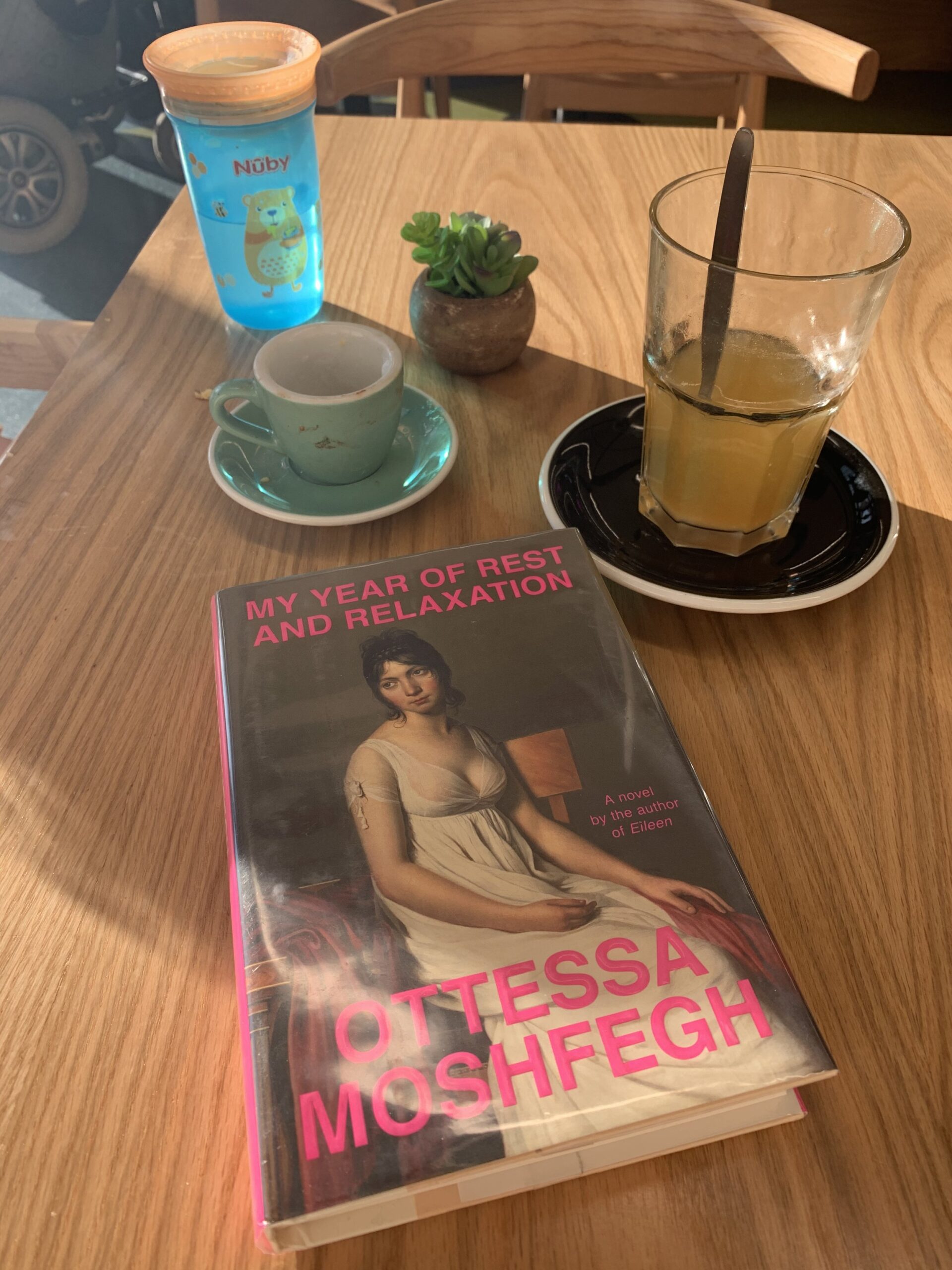I’ve been getting lots of period-related content in my news and social feeds this week, because of the Spinoff’s Bleed Week. It’s great to see such an integral part of women/people’s health, one that isn’t talked about much, being celebrated.
But what happens when periods are painful? How do painful periods caused by endometriosis, PCOS or pelvic pain, affect people’s lives? For the past two years I’ve been researching and writing about painful periods for my degree, a Master’s of Health, and more specifically endometriosis, a condition that I also have.
What is Endometriosis?
Endometriosis is an inflammatory condition that causes painful periods, and sometimes pain throughout the rest of the menstrual cycle. It can cause pain in other organs like the bowel and the bladder. It can cause mental health problems like anxiety and depression, because of the pain, which influences how people cope with everyday life. It can shift people’s sense of identity, impact on their relationships and even affect how someone works; whether they can work full time, part time or not at all. The worst thing about endo though in my opinion, is the normalisation of painful periods in our culture and our medical system, which means that people are unheard and can go years without a diagnosis. This can lead to problems with sub-fertility and fertility along with a devastating cycle of pain that gets worse and worse.
Endo can damage the reproductive system as tissue that is similar to the tissue lining the uterus (the endometrium) grows outside the uterus. As these lesions grow, the body produces an inflammatory response. It can lead to adhesions, where parts of the reproductive system stick to each other or other organs (Mayo Clinic, 2022). All that to say – it can be an extremely painful disorder with life-long implications.
What causes it, and what’s the delay?
Nobody knows exactly what causes endo. What we do know is that this is a condition where there is a major diagnostic delay. New Zealand literature suggests prior to 2005, there was an 8 year delay between onset of symptoms and diagnosis; and after 2012, this has thankfully reduced to around a 2 year delay (Tewhaiti-Smith et al., 2022). Internationally, that delay still sits at around 6 to 8 years. Period pain has been normalised in our society, and this is a big part of why there is such a delay in diagnosing endometriosis. Period pain is normalised by doctors who raise an eyebrow and tell women/people to just take paracetamol. Sadly, it is normalised by women/people who suffer through the pain because we have been socialised not to make a fuss, or it’s embarrassing or socially taboo to have period pain. Sometimes, others in the family might have endometriosis (diagnosed or not) and the symptoms they experience are completely normal to them. So this sense of normalcy is passed on, even when people might not leave the house when they have their period because of heavy bleeding and not being able to walk because of crippling pain. The delay in diagnosis often means that symptoms may not be managed appropriately, for example, often the oral contraceptive pill is given but there are more effective ways of management through progesterone only pills and progestins, or surgery (Ministry of Health, 2021).
Cultural perceptions
So why are periods a source of shame? It goes way, way back, all the way to the Ancient Greeks (at least in Western history) where women apparently had wandering wombs that caused hysterical behaviour, and we all needed to be brought under strict control – usually through sex, marriage, and having children (McGill). Throughout Western history, blood has been seen as pollutive and dirty, arguably for the same reasons: not understanding women/people who have periods, and wanting to maintain that sense of control. It’s quite different when you look at pre-colonial Māori perceptions of menstruation, which link periods with a spiritual event that connected women with the atua/gods. Ngāhuia Murphy has written an amazing book on this subject, Te Awa Atua.
I’m certain that health conditions like endo would be more freely talked about and widely known about, if periods were normalised. People would also feel freer to have robust conversations with doctors who refuse to believe that periods could have such an impact on someone’s life. In my own experience, I was initially dismissed by my GP, but given I already have a health condition that took two years to diagnose, I refused to accept that dismissal and said I would like a referral to a specialist. I had private health insurance so was able to get this done fairly quickly.
I remember the GP’s words: “I don’t think you have endo.”
I remember the specialist’s words before the surgery to both diagnose and treat it: “I’m certain you have endo.” She had more certainty than I did; and she was 100% right.
So please know, that if you’re suffering through painful periods which are affecting your daily life, keep pushing to be seen and heard. Talk to people in your life who will acknowledge that you know your own body, and who will support you. And keep going with the health professionals who could help you too.
Resources :
Info on the stages of endo and common symptoms – Endometriosis New Zealand
Best practice principles for how endometriosis is managed in New Zealand – Ministry of Health.
I’ll try to publish my own research when it’s finished!
